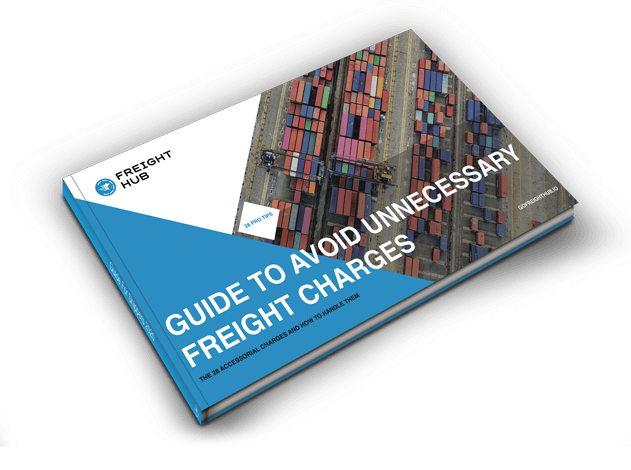Reinventing Trucking Services Through Tracking Technologies
Undoubtedly, the COVID 19 pandemic has hit hard on the many sectors, including e-commerce.
The trucking industry is facing the necessity to revamp its operations in attempts to satisfy clients’ demand and increase the efficiency aspects of shipment processes.
Due to the subsequent need for more efficient ways of handling shipments amid the effects of COVID 19, supply chain giants such as Assetco have opted for technological advancement as a strategy to satisfy their clients.
A wide array of modest technologies are in place to aid customers to place orders, foster communication, and track their shipments. Among the most standout technologies of recent times are process automation, real-time tracking, the Internet of Things (IoT), and machine knowledge.
In this excepts, the principal concentration will be on the real-time truck tracking process.
Truck Tracking Technologies
Amid the emergence of COVID 19 pandemic and the effects, shippers are left with the unmatched need to rely on techno-enabled logistics companies that provide them with opportunities to track their shipments from the ordering process to the delivery stage.
However, one of the most common questions that baffle many people is how supply chain and logistics companies leverage technologies to bring about access to real-time shipment information.
The emergence of tracking systems greatly influences the data circulation between 3PLs, shippers, and customers. Statistically, the vehicle tracking market is expanding in popularity and investment.
For instance, there are projections that the market would hit over $3billion mark by 2025. The steady upsurge is due to the efficiency of the whole tracking process.
The Background Processes Behind Truck Tracking Systems
Often, the process of truck tracking requires an external source of information and internal devices that utilize such data to bring about the necessary information.
First, the whole process relies on the existence of the Global Navigation Satellite System (GNSS) and the existence of the Global Positioning System (GPS) that is available in various devices. Such devices are installed in freight trucks and form crucial components of the whole process.
The integration of the GNSS, GPS, and devices is not enough. There must be a reliable cellular network to connect the three components and ease the transfer of tracking information to devices such as laptops, mobile phones, tablets, monitors, and desktops.
He 3PLs and other logistics companies rely on cellular network providers such as AT& T, and Verizon to synthesize data into simple and accessible pieces of information.
How do Customers and Shippers Access Shipment tracking information?
Despite the existence of cellular networks that avails the truck tracking data, customers and shippers need various platforms where they would access these data.
Such needs prompt the logistic and supply chain management companies to initialize platforms such as Truck Hub. For instance, 3PL giants such as Assetco provide customers and shippers with the Truck Hub platform that contains user dashboards.
Upon logging in to the dashboards, customers and shippers access plenty of information about their shipments ranging from available orders to dispatch time. For 3PLs, such platforms enable them to track trucks with respect to the following information:
- Location
- Fuel consumption
- Drivers’ safety
- Idle time, among other considerations
Final Thoughts
Truck tracking technologies are playing vital roles in revitalizing the trucking industry with respect to providing options for customers and shippers to track their shipments.
Additionally, such platforms as the Truck Hub application enables 3PL’s to track and manage their fleets. Undoubtedly, truck tracking technologies complement the organizational needs for process efficiency amid the effects of COVID-19.

